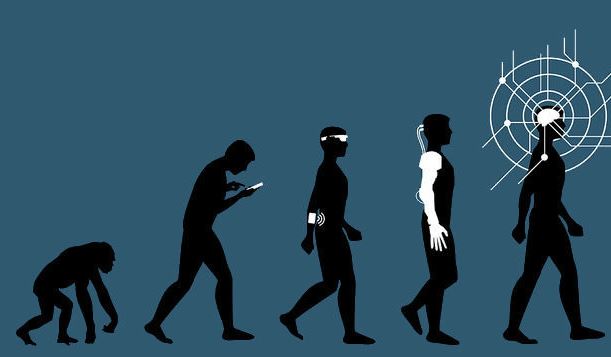×
The Standard e-Paper
Smart Minds Choose Us

Picture this: You are a start-up office. Your colleagues are having a heated debate on whether AI will replace us and how it will soon be the greatest jobs engine in the world. You nod awkwardly and try to play along, managing to churn out a brief mention of Elon Musk and Tesla as you look up the definition of “artificial intelligence” on your phone. You try to translate it into layman’s English without luck. Does this sound like you?